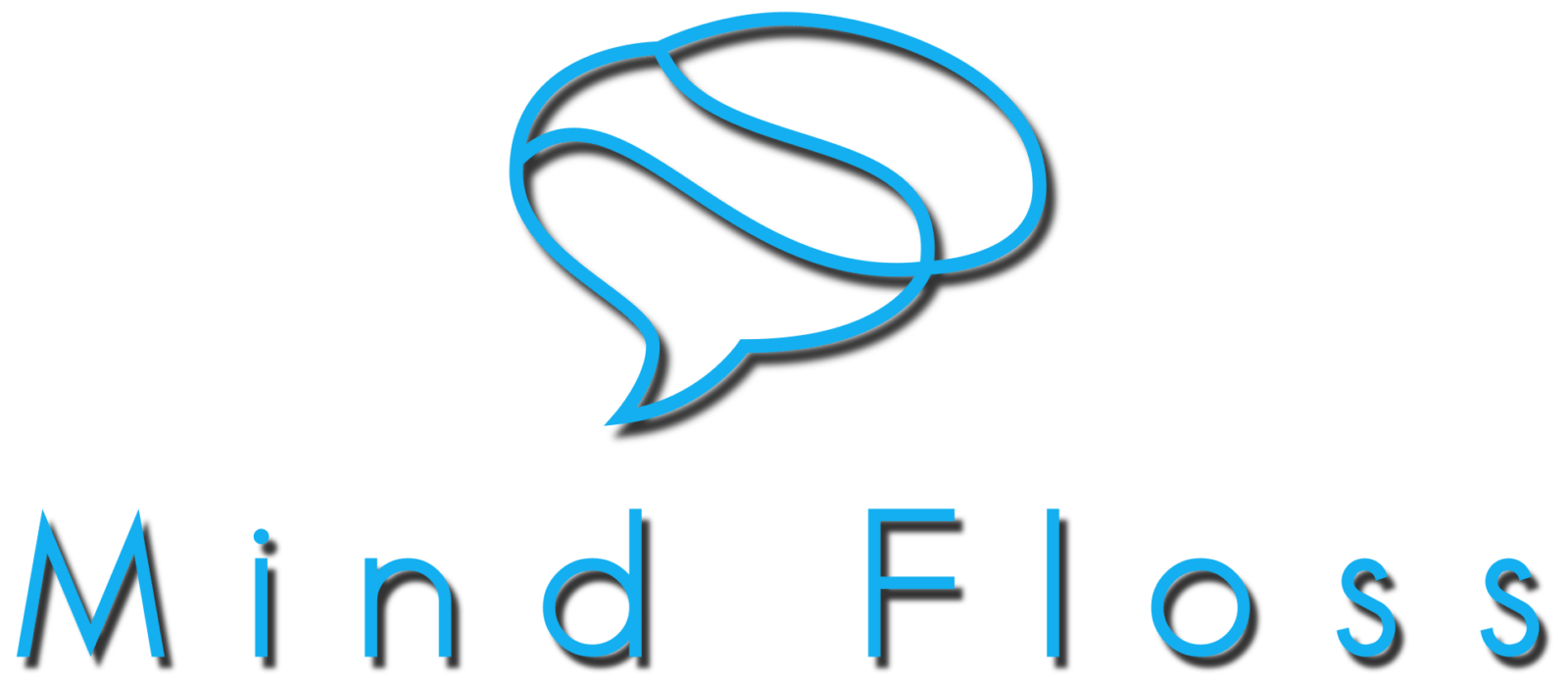Have you ever wondered how hypnotherapy can help with reducing stress, anxiety, and help us be more resilient to life’s obstacles? Well, there’s some very fascinating studies on Tibetan monks that shows us exactly why. Tibetan monks are well known for their advanced practice of meditation. In recent years magnetic resonance imaging (MRI) has been utilised to take a look inside their brains and produce detailed images, the results are fascinating.
Neuroscientists at the University of Wisconsin-Madison completed the earliest MRI studies on volunteer Tibetan monks in the late 1990’s. The study was controlled in the usual standard ways and included a group of non-meditators for good comparison. When the study was completed, and the results came in, they showed that the monks had much higher levels of gamma wave activity in their brains than the control group. Unsurprisingly gamma is associated with heightened awareness and higher states of consciousness.
A follow up study organised by scientists at the Max Planck Institute for Human Cognitive and Brains Sciences in Leipzig, Germany, showed increased density in several areas of the brain, including the prefrontal cortex and the insula. Now this is very interesting because these two regions have the job of regulating our emotions, as well as being associated with empathy and awareness. No wonder the monks are so calm and peacefully living in the present.
Further research studies have since followed, and they all came to the same conclusion – meditation has powerful and positive impact on the brain. The university of California conducted research that found regular meditation increased activity in the default mode network (DMN). DMN is a collection of brain regions that is active when the person is not focused on a specific task. DMN is thought to be linked to self-referential thinking, or daydreaming, and thus it is linked to the development of mindfulness and introspection.
Thirty years of important MRI research experiments and studies have continued to prove the benefits of meditation on the brain. Meditation has been shown to improve attention and focus, reduce stress and anxiety, it can even slow down the aging process. The University of California LA found lower levels of a protein called tau in the brains of older meditators, tau is associated with the development of diseases like Alzheimer’s.
Despite the huge leaps in understanding how the brain works, there’s still a lot to of work to do. The full understanding of the effects of meditation are yet to be determined, but so far the understanding supports massive benefits for mental health and well-being.




